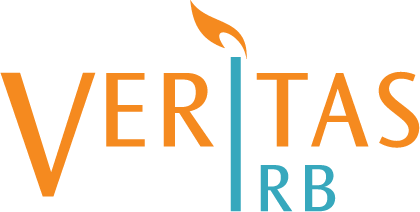The U.S. Department of Health and Human Services (hereinafter HHS), as well as fifteen other Federal Departments, have announced proposed revisions to their policies for the protection of human research participants, known as the “Common Rule”. The 131-page document (also referred to as “NPRM”) can be found here and the public was invited to comment before January 6, 2016 here.
In summary, the proposed changes of NPRM aim namely at:
Improving informed consent by imposing mandatory requirements regarding the information to be conveyed to participants;
Imposing mandatory prospective consent for the research use of identifiable human tissues collected as part of care;
Limiting the secondary use of human tissues without consent;
Emphasizing IRB review and oversight on research that poses a potential significant risk to research participants by exempting additional research activities that present a lower risk of harm from IRB review;
Mandating U.S. institutions engages in multicenter trials to rely on a single IRB;
Extending the scope of the “Common Rule” to all clinical trials conducted by an institution that receives federal funding.
As Canadian researchers or research administrators, you may wonder why you should care about NPRM. After all, Canada has already undergone a comprehensive modification of its human research protection guidelines in 2014.
This is why you and your institution should care about the NPRM
Canada and the U.S. not only share the world’s longest undefended border, but they both have a long and respected tradition of bilateral agreements pertaining to scientific collaboration as well as industrial and commercial partnerships.
It’s all about the money
Canada receives on average 17-25% of the overall NIH funding reserved to foreign institutions.
According to the National Institutes of Health (NIH) database, 244 M$ was awarded by the NIH in 2015 to foreign institutions, out of which Canadian institutions received 48M$. In comparison, UK research institutions received 34M$, China: 3M$, Australia: 6M$, France: 4M$, Germany: 11M$. Israel: 2M$. These numbers are in line with previous years.
The vast majority of the research funded by the NIH involved human research participants.
Straight outta Washington – Did you say FWA?
Each institution in HHS-supported research (which includes the NIH), no matter if located in or outside of the US, must provide a written assurance that it will comply with HHS research participant protection regulations which include the Common Rule. This Federal Wide Assurance (or FWA) is a pre-requisite for receiving funding. Therefore, by completing the FWA form to receive funding for HHS-supported research, you are contractually committing to comply with the Common Rule.
But aren’t ICH-GCP, Division 5 and TCPS2 equivalent protections?
The Common Rule indicates under section 45 CFR 46.101 (h) that the department or agency head may determine that the procedures prescribed by the foreign institution afford protections that are at least equivalent to those provided under the Common Rule and may approve the substitution of these protections in lieu of the Common Rule.
To this date however, the HHS has never made such determinations with regards to any foreign regulations or guidelines. Therefore, the Common Rule applies to any HHS-supported research conducted in Canada.
So what should you and your institution do?
If you are receiving or are planning on receiving funds from the NIH or any of the other 15 US federal departments and the above information comes to you as a complete surprise, remember that it is never too late to be compliant.
You should review your standard operating procedures (SOPs) and conduct a comparative analysis with the requirements of the Common Rule. You may use the table prepared by Biotika Research and Consulting as a tool to assist you with this process.
Once compliant with the current version of the Common Rule, you should also understand the proposed changes by reviewing the redline version of the Common Rule NPRM prepared by Verill Dana LLP. You may also follow all future updates by visiting HHS’s NPRM website.


